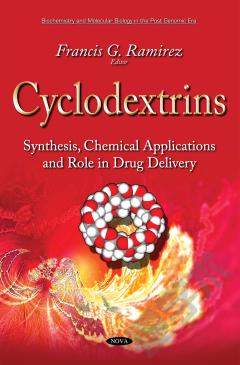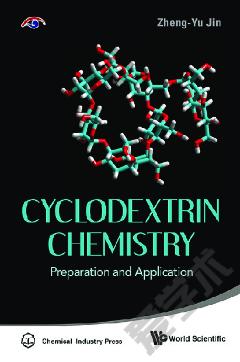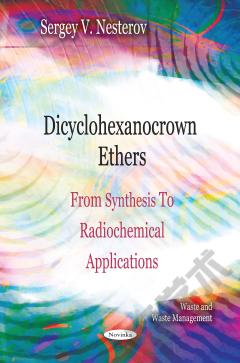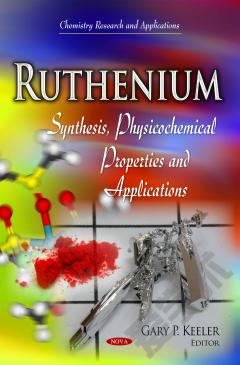Cyclodextrins: Synthesis, Chemical Applications and Role in Drug Delivery
Cyclodextrins (CDs) are capable of interacting with a large variety of guest molecules to form inclusion complexes. The authors of the chapters that form this book discuss the development of ion-selective electrodes based on selected cyclodextrins and their derivatives as selective ionophores for various drugs and their applications in pharmaceutical research; the wide range of applications of CDs in biomedical electrochemistry, focusing both on their behavior in solutions and embedded in thin films formed at the electrode surface; the general features of CDs and the progress done so far in the field of microencapsulation of pesticides in CDs; cyclodextrins as encapsulating agents for bioactive plant molecules in the pharmaceutical field; the effect of cyclodextrins on the photodegradation profile of drugs when they are used in drug formulations; applications of cyclodextrins in stabilizing or solubilizing ingredients of pharmaceutical relevance used in the food industry (commonly called nutraceuticals); the use and importance of cyclodextrins in the pharmaceutical industry; the main aspects of the crystal structures of the dimeric β-CD inclusion complexes; the influence of biologically active inorganic ions on complex formation of cyclodextrins with some aromatic carboxylic acids possessing pharmacological and biological activity; the importance of detailed characterization of the composition of substituted CDs by the example of sulfobutylether cyclodextrins; the several crystal structures of dye inclusion complexes using cyclodextrin, the preparation of DISC (dye inclusion single crystal); the structural details about the dye inclusion complex analyzed by X-ray and the properties of porphyrin DISC.
{{comment.content}}








 京公网安备 11010802027623号
京公网安备 11010802027623号